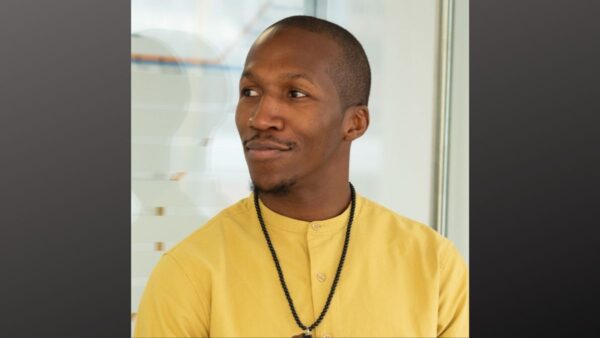In New York City, it is common to see vans and cars acting as form of public transportation in areas where city buses are unavailable or operate unpredictably. The “rides” became known as “dollar vans.” While this is an illegal service, the concept prompted one entrepreneur to start an official business to operate in NYC’s transit deserts.

In 2017, Su Sanni founded the commuter transit service Dollaride. Sanni recently won a $10 million “Clean Neighborhoods Challenge” to use electric transit for NYC’s underserved communities.
A transit desert “is an area that has high demand for transit but lacks access to high-quality transit, meaning that it is more than a half-mile from a rail transit stop and a quarter-mile from high-quality bus service,” according to Center for Neighborhood Technology. Transit deserts can be found in cities such as NYC and Chicago.
A New York transit startup that provides “dollar vans” for low-income communities through a private-shared network secured its highest round of funding, advancing its mission for equitable transportation.
“In New York, dollar vans are what I like to call the best kept secret hidden in plain sight. I believe that it is important to support the small businesses that operate in these informal transit networks. They can have a multiplier effect that closes both transit and economic gaps in underserved communities,” Sanni told AfroTech last month.
Dollaride received $10 million for its Clean Transit Access Program under the New York Clean Transportation Prizes program that was announced last November. The state-run grant program allotted $85 million in funds to community businesses that are focusing on launching clean transit solutions for marginalized areas, all the while reducing carbon emissions.
Mission for Equitable Transportation
“In many urban cities, the public transit infrastructure isn’t robust enough to meet the commuting needs of normal everyday people. Studies have shown that transit access is one of the most critical factors in determining upward mobility,” Sanni told AfroTech.
Building a cohesive transportation network that is inclusive and integrative is paramount, Sanni has said in previous interviews. Cities with a lower population density have a higher percentage of drivers, which has led to limited transportation options in areas that are largely reliant on government-funded transit systems. A study found that urban areas that have a higher percentage of drivers has made dedicated funding sources and investments toward equitable transit solutions difficult to attain.
As the electric-vehicle boom spreads across the transportation sector, Sanni has taken a two-prong approach to advocate for the accessibility of electric-powered vans that are cost-effective and educating drivers with gas-powered vehicles on global energy transition efforts.
“One of the things we’re trying to do here is position commuter vans as a clean transportation service, while also preparing fleet owners,” Sanni said on his website.
Building Dollaride
Dollaride helps organizations plan, launch and manage their own commuter transit services, including long-term and short-term routes.
Dollaride also has partnered with fellow New York-based clean energy businesses that are deploying green energy practices and accelerating wireless charging infrastructure for electric vehicles. Reportedly roughly 36 percent of New York State’s greenhouse gas emissions comes from the transportation sector.
As of now, New York is the only city to implement the largest state-funded program dedicated toward clean transportation. The program is linked to the state’s goals of reducing greenhouse gas emissions by 85 percent by 2050, with a least 30 to 40 percent of the benefits of clean energy investments being directed to disadvantaged communities.




